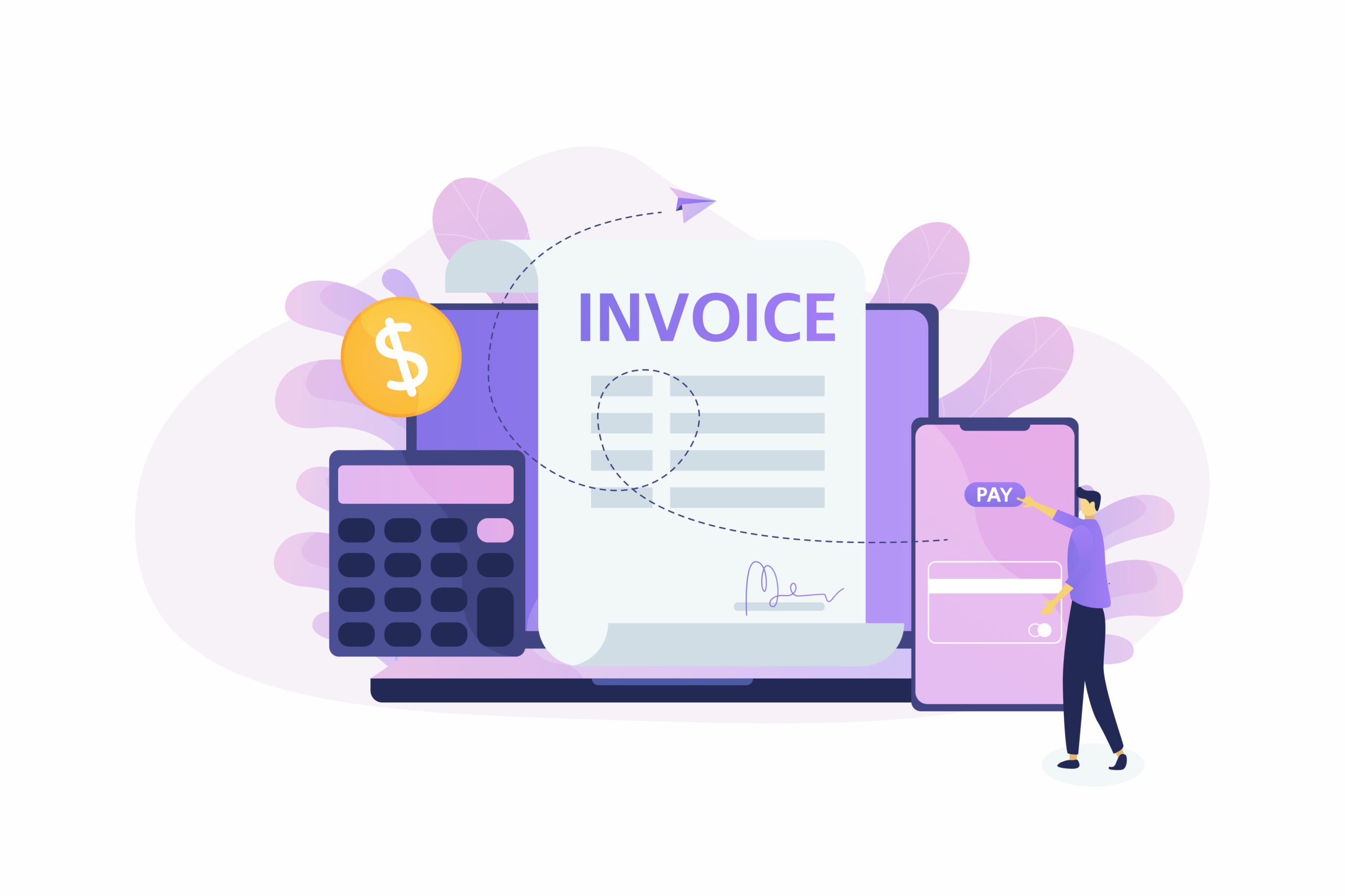This startup helps small businesses buy their buildings so they don’t get priced out
When he was growing up in Brooklyn, Kevin Song watched as his parents lost the small grocery store they had run for 20 years since immigrating to the United States. “One day, they got a call from their new landlord,” he says. “A building developer had just purchased the lot and decided to double the rent. That was, definitively, the hardest day of my family’s life.” They couldn’t afford the rent increase, so the store had to close. Years later, Song began a career in investment banking. As he continued to see sudden, massive rent increases force beloved neighborhood businesses to close, he decided to work on a solution. Withco, his startup, is designed to help small businesses buy the buildings they currently rent. The company has just raised $30 million in equity funding in a round led by Canaan, Founders Fund, Initialized, and NFX. Kevin Song [Photo: courtesy Withco]The company works with small, single-tenant businesses in buildings that have gone up for sale—with a focus on buildings costing less than $5 million—and puts up the capital to buy the building. The small business owner makes a deal with Withco to keep leasing the space, but as they pay rent, they also build equity in the property. Eventually, they can buy the building at a pre-agreed price. “What we’re giving them is really the capital, because most of these business owners do not have the down payment, or it’s not the best use of their money to purchase their property,” Song says. “They don’t have the time, and they don’t have the expertise to purchase commercial real estate, which is complicated.” “Of course I wanted to buy the property in any business venture I’ve owned, but I never had the resources, so I always rented,” said Samik “Sam” Patel, who owns a pizzeria in Tampa, Florida, in a Withco case study. When Patel’s building went on sale in June 2021, Withco worked with him and the seller to put Patel on a path to ownership. The company says it has already completed “double digits” of deals so far and hopes to hit 100 deals in 2022. While it’s common for someone renting an apartment to later purchase a home, very few small business owners ever become building owners, Song says. The market is dominated by investors, and it’s fragmented and slow-moving. For someone who wants to sell a building, Withco offers the advantage of quickly closing a deal. The startup accesses data from the businesses it partners with, and analyzes whether each business has the financials to successfully use the rent-to-own model. The startup is working mainly in the Midwest, Southeast, and in Texas, where Song says there’s a high density of small business owners, many single-tenant commercial properties in the price range they’re looking for, “and strong real estate fundamentals—like positive net migration patterns and diverse employer mixes,” he says. The model can also work in more expensive markets; in one case, Withco worked with a record store owner in Brooklyn. But by focusing on less expensive transactions, it can also work with more small businesses. It wants to help small businesses compete as larger corporations continue to get bigger. “Our real vision as a company is to try to make it exciting again to be a small business owner in America,” he says.

When he was growing up in Brooklyn, Kevin Song watched as his parents lost the small grocery store they had run for 20 years since immigrating to the United States. “One day, they got a call from their new landlord,” he says. “A building developer had just purchased the lot and decided to double the rent. That was, definitively, the hardest day of my family’s life.” They couldn’t afford the rent increase, so the store had to close.
Years later, Song began a career in investment banking. As he continued to see sudden, massive rent increases force beloved neighborhood businesses to close, he decided to work on a solution. Withco, his startup, is designed to help small businesses buy the buildings they currently rent. The company has just raised $30 million in equity funding in a round led by Canaan, Founders Fund, Initialized, and NFX.

“Of course I wanted to buy the property in any business venture I’ve owned, but I never
had the resources, so I always rented,” said Samik “Sam” Patel, who owns a pizzeria in Tampa, Florida, in a Withco case study. When Patel’s building went on sale in June 2021, Withco worked with him and the seller to put Patel on a path to ownership. The company says it has already completed “double digits” of deals so far and hopes to hit 100 deals in 2022.
While it’s common for someone renting an apartment to later purchase a home, very few small business owners ever become building owners, Song says. The market is dominated by investors, and it’s fragmented and slow-moving. For someone who wants to sell a building, Withco offers the advantage of quickly closing a deal. The startup accesses data from the businesses it partners with, and analyzes whether each business has the financials to successfully use the rent-to-own model.
The startup is working mainly in the Midwest, Southeast, and in Texas, where Song says there’s a high density of small business owners, many single-tenant commercial properties in the price range they’re looking for, “and strong real estate fundamentals—like positive net migration patterns and diverse employer mixes,” he says. The model can also work in more expensive markets; in one case, Withco worked with a record store owner in Brooklyn. But by focusing on less expensive transactions, it can also work with more small businesses.
It wants to help small businesses compete as larger corporations continue to get bigger. “Our real vision as a company is to try to make it exciting again to be a small business owner in America,” he says.






















